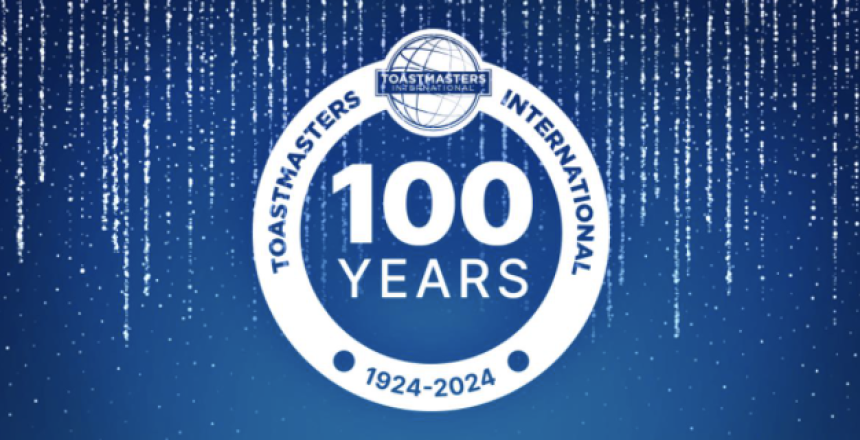I stepped out of my military duties in Canada in ‘82, carrying high hopes for a future as a journalist, writer, editor—and, one day, the owner of a publishing powerhouse. And why not—a speaker? A tough road lay ahead, with nearly a dozen long years passing before finally taking the initial strides toward making my dreams come true.
Fast forward to 2017, with the release of my first book, Stop the Denial: A Case for Embracing the Truth About Fitness—a bold book addressing the taboo topic of imperfect science regarding fitness and health and our struggles with obesity. This book kicked open countless unexpected doors. Like speaking at events. Seriously though? Paid to speak about my passions? Yes, please!
I felt confident in my abilities and eagerly accepted the first opportunity at Montreal’s McGill University. However, I was in for a humbling experience. Standing behind the imposing podium, I stumbled verbally through a disorganized and lacklustre speech. Non-verbally, a tangled knot of despair consumed me. My misplaced confidence because of inadequate preparation left me feeling like a vulnerable fawn. The audience’s energy dwindled, and they emotionally disengaged, slouching in their chairs, yawning, and fidgeting. It was a wake-up call. I needed to improve if I was going to succeed in my role as a public speaker. As a dedicated learner, I knew I had to seek guidance to achieve my goal.
Enter Toastmasters
Many join Toastmasters because they fear public speaking. Speaking up during company meetings or giving a presentation makes us tremble with anxiety. What defines a successful speaker is subjective, so those who join Toastmasters may only want to find success in providing a toast without falling apart at a wedding.
Toastmasters provides a supportive and nurturing environment for people to speak in front of others. The live audience and Toastmasters clubs are great places to find support. When guests attend for the first time, they usually serve up 30 seconds of words in response to the question, “Why did you decide to visit our club this evening?” For many, it’s the most nerve-wracking 30 seconds of the meeting. However, guests feel more relaxed with time, and the anxiety subsides.
The greatest thing that happens at any Toastmasters meeting is the live audience. It doesn’t matter whether a club has under ten members or over 200; the safe and supportive audience matters. Speaking in front of a live audience provides more constructive feedback than you might receive in corporate settings or standing in front of a mirror. Toastmasters have various speaking paths to follow. The Toastmasters mentoring program provides feedback and learning to make you a great Toastmaster.
Toastmasters isn’t only for improving your public speaking or communication skills. You will learn to structure your presentation and incorporate tone and body language to engage your audience. During the impromptu session of every meeting, known as the two-minute table topics, you will learn how to think on your feet. You get two minutes to answer a question. Baby, table-topics are fun and will help you as a professional speaker.
When you speak as a professional or in a work presentation, no matter how thoroughly you rehearse, it’s inevitable that you’ll stumble upon at least one unexpected question from your audience. Your table-topic experience will be with you. If an audience member throws a curveball question, you can smoothly and confidently answer because of your Toastmasters’ experience.
Want to visit a local club? Dorval City Toastmasters meet every Thursday evening at 7:30. The club is at Sarto-Desnoyers Community Centre, 1335 Chem. du Bord-du-Lac-Lakeshore, Dorval, QC H9S 2E5.







